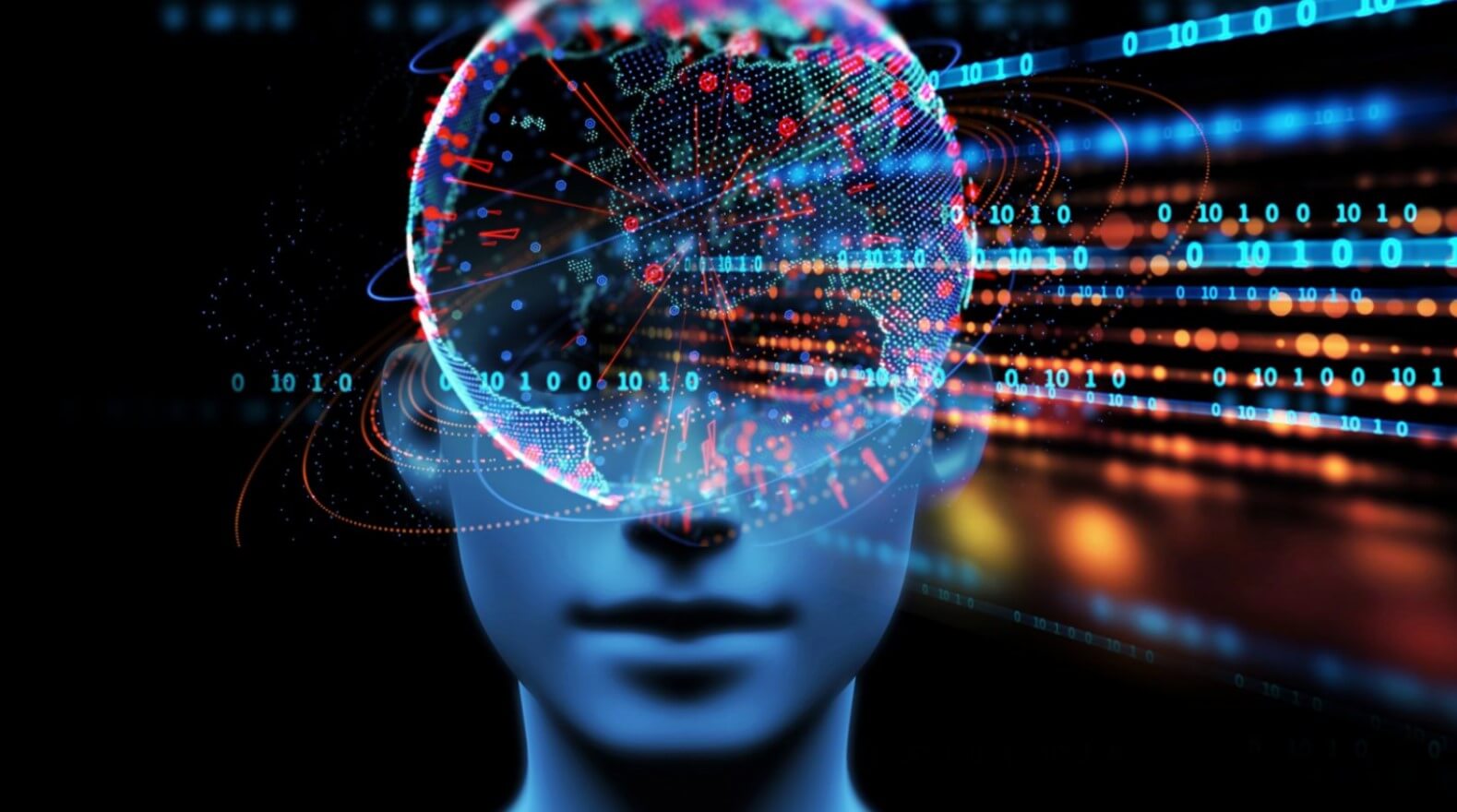What is artificial intelligence (AI)? The Magic of AI in 2023

The Magic of AI: An Introduction!
Artificial intelligence (AI) is a buzzword that has been increasingly used in the last decade. It is a field of computer science that enables machines to perform tasks that typically require human intelligence. AI has become integral to our daily lives, from self-driving cars to virtual assistants. But how does it work? In this article, we will explore the fascinating world of AI and unveil the magic behind it.
Understanding AI: The Fundamentals!
Artificial intelligence is a branch of computer science that enables machines to learn from data, identify patterns, and make decisions without human intervention. It comprises different subfields, including machine learning, natural language processing, computer vision, and robotics. The foundation of AI is based on creating machines that can simulate human intelligence and perform tasks that typically require human cognitive abilities.
The Secret World of Neural Networks!
Neural networks are a fundamental part of AI, inspired by the structure and function of the human brain. They consist of interconnected nodes that simulate the neurons in the brain, enabling machines to learn from data and make decisions. The neural network architecture comprises input, hidden, and output layers, and training the network involves adjusting the weights between the nodes to minimize errors and improve accuracy.

The Power of Machine Learning!
Machine learning is a subset of AI that enables machines to learn from data and improve their performance over time. Different algorithms allow devices to identify patterns, classify data, and make predictions. Some popular machine learning algorithms include linear regression, logistic regression, decision trees, and neural networks.
The Role of Data in Artificial intelligence!
Data is the fuel that powers AI. The raw material enables machines to learn and improve their performance. The quality and quantity of data are essential for the success of AI systems. Machine learning algorithms require large amounts of data to train effectively and achieve high accuracy. Data privacy and security are also crucial concerns in AI, as they involve collecting and processing sensitive information.
The Future of AI: A Bright Tomorrow!
The future of AI is promising. It is expected to revolutionize different industries, from healthcare to finance and transform how we live and work. AI can potentially solve some of humanity's most pressing challenges, from climate change to disease prevention. However, it poses new challenges, such as AI's ethical and societal implications.
AI in Action: Practical Applications!
AI is already used in various practical applications, from self-driving cars to virtual assistants. It is also used in finance, healthcare, and manufacturing. AI-powered systems can improve efficiency, accuracy, and productivity, reducing human error and bias.
The Ethics of AI: A Growing Concern!
As AI becomes more prevalent, ethical considerations become increasingly relevant. AI systems can perpetuate existing biases and discrimination, violate privacy and human rights, and pose existential threats. Addressing these ethical concerns requires interdisciplinary collaboration and ethical frameworks that ensure the development and deployment of AI systems that align with human values.
AI: Bridging the Gap Between Humans and Machines!
AI has the potential to bridge the gap between humans and machines and enable us to work together. It can augment human capabilities, enhance creativity and innovation, and improve communication and collaboration. AI can also allow us to delegate repetitive and mundane tasks to machines, freeing up time for more meaningful activities.
The Fascinating World of AI Research!
Artificial intelligence (AI) research is a vibrant and dynamic field that is continuously evolving. It involves developing new algorithms, models, and architectures that enable machines to perform new tasks and improve their performance. AI research also involves interdisciplinary collaboration with psychology, philosophy, and neuroscience to understand human cognition and intelligence better.
Artificial intelligence is a fascinating and rapidly evolving field that has the potential to transform the way we live and work. From understanding the fundamentals of artificial intelligence to exploring its practical applications and ethical implications, this article has offered a glimpse into the magic of AI. As artificial intelligence continues to evolve, ensuring its development and deployment align with human values and contribute to a brighter tomorrow is crucial.





